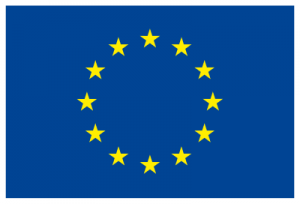This policy brief focuses on the effects of two forms of government support: VAT regulation for CH goods and services and direct subsidies to CH organisations. It presents the results and outcomes of the research that explores the relation between the characteristics of different European countries and the effects of government support in VAT rates for CH organisations, and it describes the actions that can be taken to stimulate a CH-rich and CH-engaged European society.
Read More →
This project has received funding from the European Union’s Seventh Framework Programme for research, technological development and demonstration under grant agreement n° 612789.
Digital economy
D5.4 CH Best Practice in the Digital Economy
Report addressing one the most important issues for the future of cultural heritage: experimentation and innovation in digital technology in a time of social and technological change. The deliverable offers an insight into CH best practice in the digital economy through collaborative interdisciplinary projects that engage CH institutions with academic research institutions.
Read More →Getting cultural heritage to work for Europe
The report, presenting the conclusions of the Expert Group established under the Horizon 2020 Work Programme 2014 for the Societal Challenge ‘Climate action, environment, resource efficiency and raw materials’, provides the rationale for setting a renewed European Research & Innovation policy agenda on cultural heritage.
Read More →D5.3 Fiscal and Economic Issues in the Digital Age
Report providing an economic analysis of the impact of taxation, public support and private contribution to the production, distribution and consumption of cultural heritage and to improve understanding of the geography of cultural activities and ways in which fiscal policy can become more efficient in the age of digitization.
Read More →Economics of Culture
Within the RICHES project we investigate fiscal and economic aspects of cultural consumption in the European Union. One of the available and yet underappreciated tools in cultural policy at the national level is the reduction of VAT rates for cultural goods and services. We explore the potential of fiscal incentives by introducing a theoretical model, which is then tested using data for all EU countries in the period of the last two decades.
Read More →